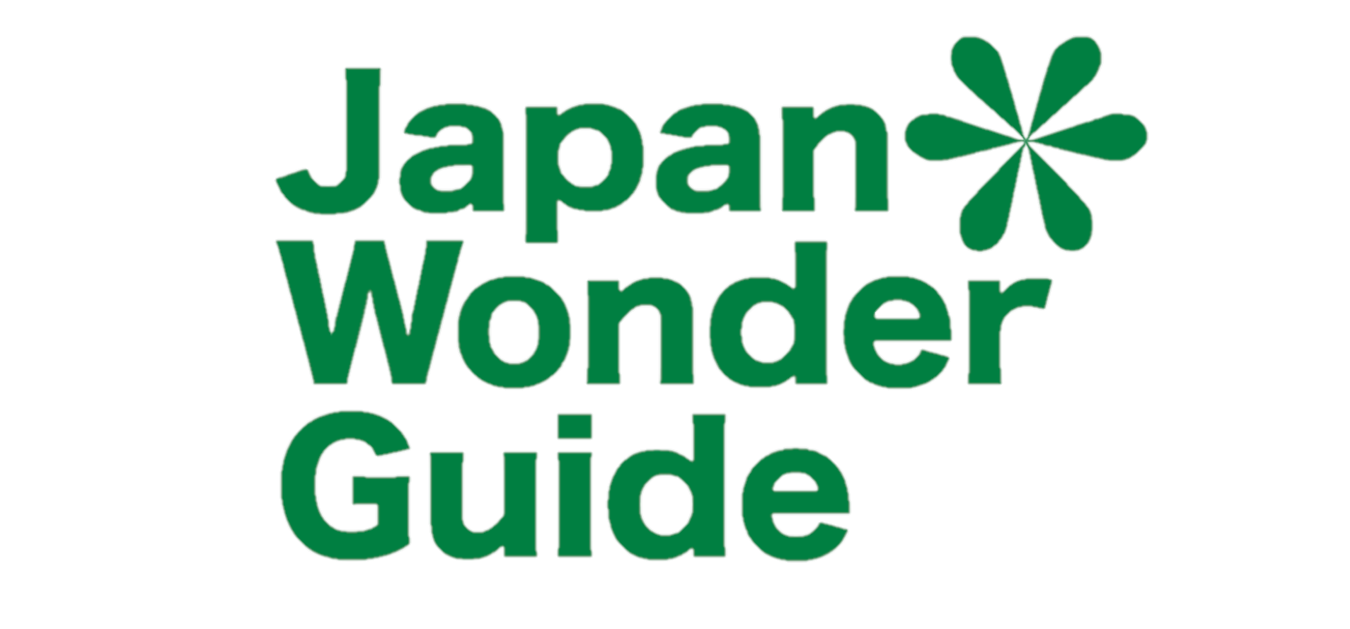英語で「いいよ」と伝える方法は”OK”だけではありません。
そこで本記事では、何かを頼まれたときの「いいよ」の英語表現7つと、何かに誘われたときの「いいよ」の英語表現7つの合計14表現を紹介します。
”OK”以外の英語表現も知っておくことで、より細かなニュアンスまで相手に伝えられるようになりますよ。興味がある方はぜひ記事を最後までチェックしてみてください。

【この記事を書いているのは…】
凡人
Webライター/ブロガー 高校時代の海外旅行がきっかけで英語に興味を持つ。大学時代には10ヵ国を旅し、TOEIC870点を取得。6年間の英語講師経験あり。現在は英語特化型のWebライターとして活動中。自身でもWebメディア「#オンライン英会話のある生活」(https://bonjinblog.com/)の運営を行っている。
Twitter:https://twitter.com/bonjineikaiwa
関連記事:「了解」「分かりました」など英語の相槌表現シチュエーション別まとめ
何かを頼まれたとき、英語で「いいよ」の返し方
何かを頼まれたときに英語で「いいよ」と返す際の英語表現は以下の通りです。
- Sure/ Sure thing.
- No problem.
- Fine.
- Alright.
- Will do.
- Absolutely.
それぞれ例文付きで詳しく見ていきましょう。
Sure/ Sure thing.
“Sure/ Sure thing.”は「もちろん」という意味の英語表現です。

Can you buy toilet paper on the way home?
トイレットペーパーを帰りに買ってもらえる?

Sure thing.
もちろん。
No problem.
“No problem.”は「問題ありません」「いいよ」という意味の英語表現です。

Can you forward me that email?
メールを転送してもらえますか?

No problem.
問題ないですよ。
Fine.
“Fine.”は「いいよ」という意味の英語表現です。
ただし“Fine”という返答は、よくネガティブな意味合いで使われます。言い方次第で「まぁいいよ」「分かってるよ」のようなネガティブなニュアンスになるので注意してください。

Will you clean up the room already? It’s been a mess…
いい加減、部屋を綺麗にしてくれる? 散らかってるよ…

Ugh fine!
もう、分かってるよ!
Alright.
“Alright.”は「了解」という意味の英語表現です。

Can we change the meeting time to 10 am?
会議の時間を10時に変更してもいい?

Alright.
了解。
Of course.
“Of course.”は「もちろん」という意味の英語表現です。

Can you call me tomorrow?
明日電話してくれる?

Of course.
もちろん。
Will do.
“Will do.”は「了解」「やっておきます」という意味の英語表現です。

Can you make a PowerPoint for the presentation?
プレゼン用にパワーポイントを作ってもらえますか?

Will do.
やっておきます。
Absolutely.
“Absolutely.”は「絶対に」「もちろん」という意味の英語表現です。

Can you complete the list by tomorrow?
このリストを明日までに終わらせられますか?

Absolutely.
もちろんです。
誘われたとき、英語で「いいよ」の返し方
誘われたときに英語で「いいよ」と返す際の英語表現は以下の通りです。
- I’d love to.
- Why not.
- That sounds fun.
- Sounds good.
- Count me in.
- I’m in./ I’m down.
- Sure.
それぞれ例文付きで詳しく見ていきましょう。
I’d love to.
“I’d love to.”は「喜んで」という意味の英語表現です。

Would you like to join me for a couple of drinks on Friday?
金曜日に飲みに行きませんか?

I’d love to!
喜んで!
Why not.
“Why not.”は「もちろん」という意味の英語表現です。

Want to grab a drink after work?
仕事終わりに飲みに来ますか?

Why not.
もちろん。
That sounds fun.
“That sounds fun.”は「いいね」という意味の英語表現です。

Let’s go to a Hanami party this Saturday.
今週の土曜日に花見にいきましょう。

That sounds fun.
いいね。
Sounds good.
“Sounds good.”は「いいね」という意味の英語表現です。

Can we go for shaved ice right now?
今からかき氷食べに行かない?

Sure, sounds good!
うん、いいね!
Count me in.
“Count me in.”は「仲間に入れて」「参加します」という意味の英語表現です。

We’re going to Kevin’s house now, want to come?
今からケビンの家に行くけど、来る?

Count me in!
行くわ!
I’m in./ I’m down.
“I’m in./ I’m down.”は「その話乗った」「仲間に入れて」という意味の英語表現です。

We’re going to the escape room on Saturday. You should come if you are free.
土曜日に脱出ゲームに行くんだ。暇だったら、来てよ。

I’m down.
行く。
Sure.
“Sure.”は「いいよ」「もちろん」という意味の英語表現です。

Do you want to get a coffee?
コーヒー飲みに行かない?

Sure.
いいよ。
まとめ
何かを頼まれたときの「いいよ」の英語表現7つと、何かに誘われたときの「いいよ」の英語表現7つの合計14表現を紹介しました。
英会話で”OK”と言う場面で「他の表現で言い換えられないかな?」と考えてみてください。






コメント